Home / covid / WHO Director-General’s Final Remarks at the 13th Meeting of the Intergovernmental Negotiating Body – 21 February 2025
WHO Director-General’s Final Remarks at the 13th Meeting of the Intergovernmental Negotiating Body – 21 February 2025
By: My India Times
4 minutes read 47Updated At: 2025-02-24

Honorable Co-Chairs Anne-Claire and Precious,
Esteemed Vice-Chairs, Ambassador Tovar, Ambassador Ramadan, Dr. Viroj, and Ms. Davies,
Distinguished Delegates, Colleagues, and Friends,
As we conclude this critical gathering, I extend my sincere appreciation to all of you for your unwavering dedication, tireless efforts, and commitment to the negotiation process.
Your engagement throughout the past week reflects the immense responsibility we all share in ensuring a safer future for generations to come. While progress has been made, I recognize that it may not be as much as you had hoped for. However, your determination is evident, and your efforts bring us ever closer to achieving a landmark agreement.
A Pivotal Moment in History
The world is watching as you approach the finalization of the Pandemic Agreement ahead of the upcoming World Health Assembly. This moment is not just another milestone—it is a turning point in global health governance.
You are on the verge of making history. You have one formal week of negotiations left—perhaps only five days in practical terms. Yet, the progress you have made places you within reach of an achievement that will shape the future.
This agreement must not falter over a single word. It must not be derailed by a misplaced comma or an unresolved percentage.
The stakes are too high. This is more than just another document—it is a promise to future generations, a commitment to shield them from the devastating impacts of future pandemics.
History will not forgive us if we fail. The world is counting on us to demonstrate that multilateral cooperation can still rise above geopolitical complexities and deliver solutions that protect humanity.
A Testament to Global Unity
At a time when divisions threaten to weaken collective action, finalizing this agreement will send a powerful message: that the global community is still capable of unity in the face of common threats.
This agreement is not just a policy—it is a beacon of hope, an assurance that nations can come together for the greater good. It is proof that, despite differences, we can find common ground to build a healthier, safer world.
As you leave this meeting, I want you to remember two crucial messages:
- We believe in you. This is your moment. As I said earlier this week, it is now or never.
- Do not wait until April to resolve outstanding issues. Every moment between now and the next session should be used to narrow the gaps, foster dialogue, and build consensus. I am encouraged to see that you have already agreed to continue discussions during the intersessional period.
Perfection should not stand in the way of progress. A great agreement that serves the world is far more valuable than an unattainable perfect one.
Learning from the Success of the Framework Convention on Tobacco Control
As we move forward, let us draw inspiration from history. Next Thursday, 27 February, marks the 20th anniversary of the entry into force of the WHO Framework Convention on Tobacco Control (FCTC).
There were skeptics. Some believed the FCTC was too ambitious. The tobacco industry worked tirelessly to undermine it, spreading misinformation to delay and weaken its impact.
But they did not succeed.
Today, because of that landmark agreement, tobacco use has declined by one-third globally. More than 5.6 billion people are protected by at least one comprehensive tobacco control measure. The world is safer because nations came together and took decisive action.
Overcoming Opposition and Misinformation
Similarly, there are those who say the Pandemic Agreement cannot succeed, or worse, that it should not succeed. There are those who attempt to mislead the public with disinformation, falsely claiming that this agreement will undermine national sovereignty.
This could not be further from the truth. The agreement explicitly respects national sovereignty while ensuring global preparedness for future health crises.
They will not succeed in sowing doubt. Just as the FCTC prevailed, so too will this agreement. The world needs it, and you have the power to make it happen.
A Call to Action: Securing a Safer Future
Twenty years ago, the world took a stand against tobacco and protected millions of lives. This year, you have the opportunity to do the same for pandemics.
Once again, I commend you for your dedication, your perseverance, and your commitment to this historic endeavor. The finish line is within reach, and we stand ready to support you in any way necessary.
As you depart, I wish you all a safe journey home. Let us return stronger, more determined, and ready to finalize an agreement that will shape a safer world for future generations.
Thank you.
....
Honorable Co-Chairs Anne-Claire and Precious,
Esteemed Vice-Chairs, Ambassador Tovar, Ambassador Ramadan, Dr. Viroj, and Ms. Davies,
Distinguished Delegates, Colleagues, and Friends,
As we conclude this critical gathering, I extend my sincere appreciation to all of you for your unwavering dedication, tireless efforts, and commitment to the negotiation process.
Your engagement throughout the past week reflects the immense responsibility we all share in ensuring a safer future for generations to come. While progress has been made, I recognize that it may not be as much as you had hoped for. However, your determination is evident, and your efforts bring us ever closer to achieving a landmark agreement.
A Pivotal Moment in History
The world is watching as you approach the finalization of the Pandemic Agreement ahead of the upcoming World Health Assembly. This moment is not just another milestone—it is a turning point in global health governance.
You are on the verge of making history. You have one formal week of negotiations left—perhaps only five days in practical terms. Yet, the progress you have made places you within reach of an achievement that will shape the future.
This agreement must not falter over a single word. It must not be derailed by a misplaced comma or an unresolved percentage.
The stakes are too high. This is more than just another document—it is a promise to future generations, a commitment to shield them from the devastating impacts of future pandemics.
History will not forgive us if we fail. The world is counting on us to demonstrate that multilateral cooperation can still rise above geopolitical complexities and deliver solutions that protect humanity.
A Testament to Global Unity
At a time when divisions threaten to weaken collective action, finalizing this agreement will send a powerful message: that the global community is still capable of unity in the face of common threats.
This agreement is not just a policy—it is a beacon of hope, an assurance that nations can come together for the greater good. It is proof that, despite differences, we can find common ground to build a healthier, safer world.
As you leave this meeting, I want you to remember two crucial messages:
- We believe in you. This is your moment. As I said earlier this week, it is now or never.
- Do not wait until April to resolve outstanding issues. Every moment between now and the next session should be used to narrow the gaps, foster dialogue, and build consensus. I am encouraged to see that you have already agreed to continue discussions during the intersessional period.
Perfection should not stand in the way of progress. A great agreement that serves the world is far more valuable than an unattainable perfect one.
Learning from the Success of the Framework Convention on Tobacco Control
As we move forward, let us draw inspiration from history. Next Thursday, 27 February, marks the 20th anniversary of the entry into force of the WHO Framework Convention on Tobacco Control (FCTC).
There were skeptics. Some believed the FCTC was too ambitious. The tobacco industry worked tirelessly to undermine it, spreading misinformation to delay and weaken its impact.
But they did not succeed.
Today, because of that landmark agreement, tobacco use has declined by one-third globally. More than 5.6 billion people are protected by at least one comprehensive tobacco control measure. The world is safer because nations came together and took decisive action.
Overcoming Opposition and Misinformation
Similarly, there are those who say the Pandemic Agreement cannot succeed, or worse, that it should not succeed. There are those who attempt to mislead the public with disinformation, falsely claiming that this agreement will undermine national sovereignty.
This could not be further from the truth. The agreement explicitly respects national sovereignty while ensuring global preparedness for future health crises.
They will not succeed in sowing doubt. Just as the FCTC prevailed, so too will this agreement. The world needs it, and you have the power to make it happen.
A Call to Action: Securing a Safer Future
Twenty years ago, the world took a stand against tobacco and protected millions of lives. This year, you have the opportunity to do the same for pandemics.
Once again, I commend you for your dedication, your perseverance, and your commitment to this historic endeavor. The finish line is within reach, and we stand ready to support you in any way necessary.
As you depart, I wish you all a safe journey home. Let us return stronger, more determined, and ready to finalize an agreement that will shape a safer world for future generations.
Thank you.
By: My India Times
Updated At: 2025-02-24
Tags: covid News | My India Times News | Trending News | Travel News
Join our WhatsApp Channel



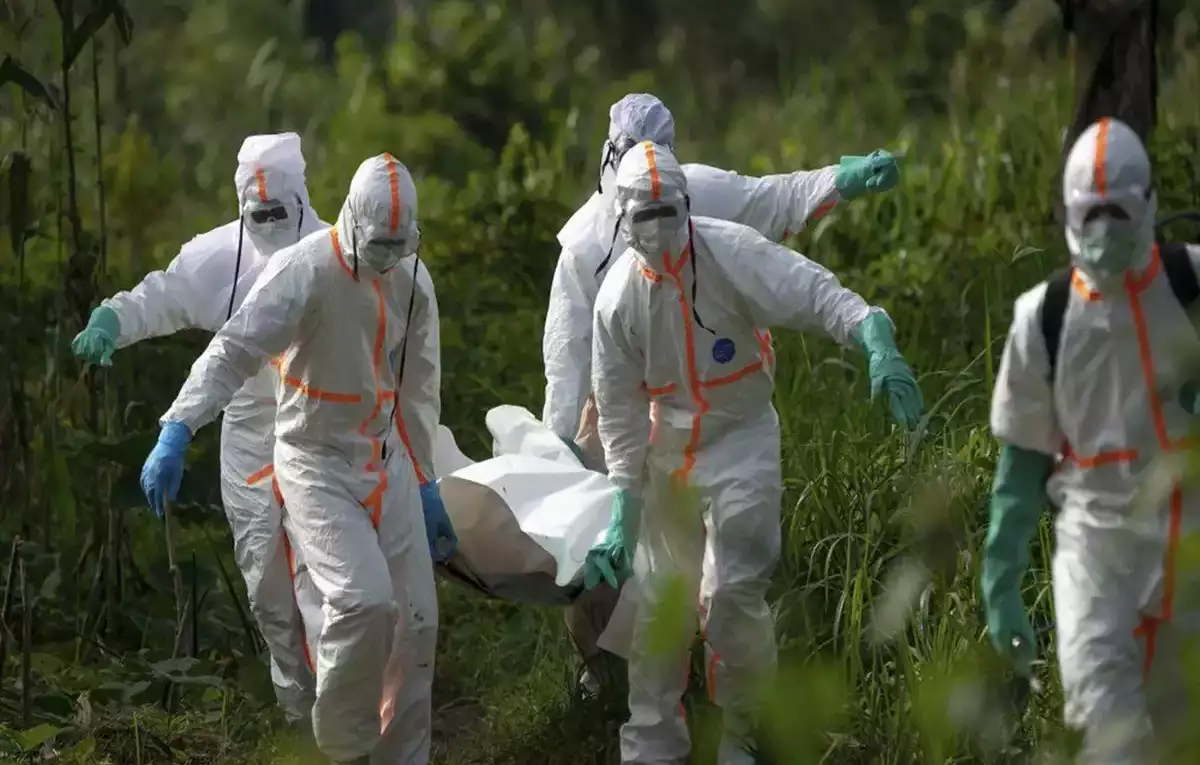
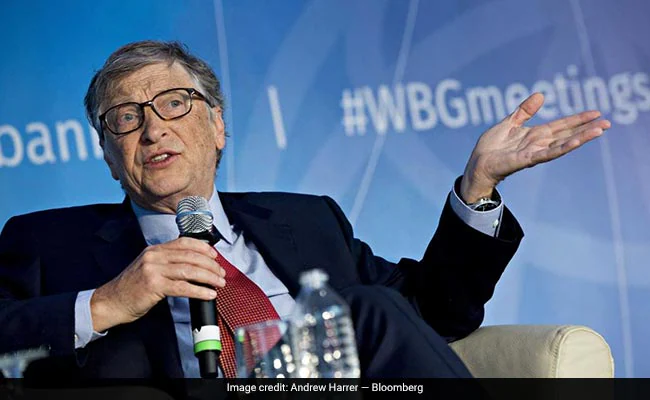
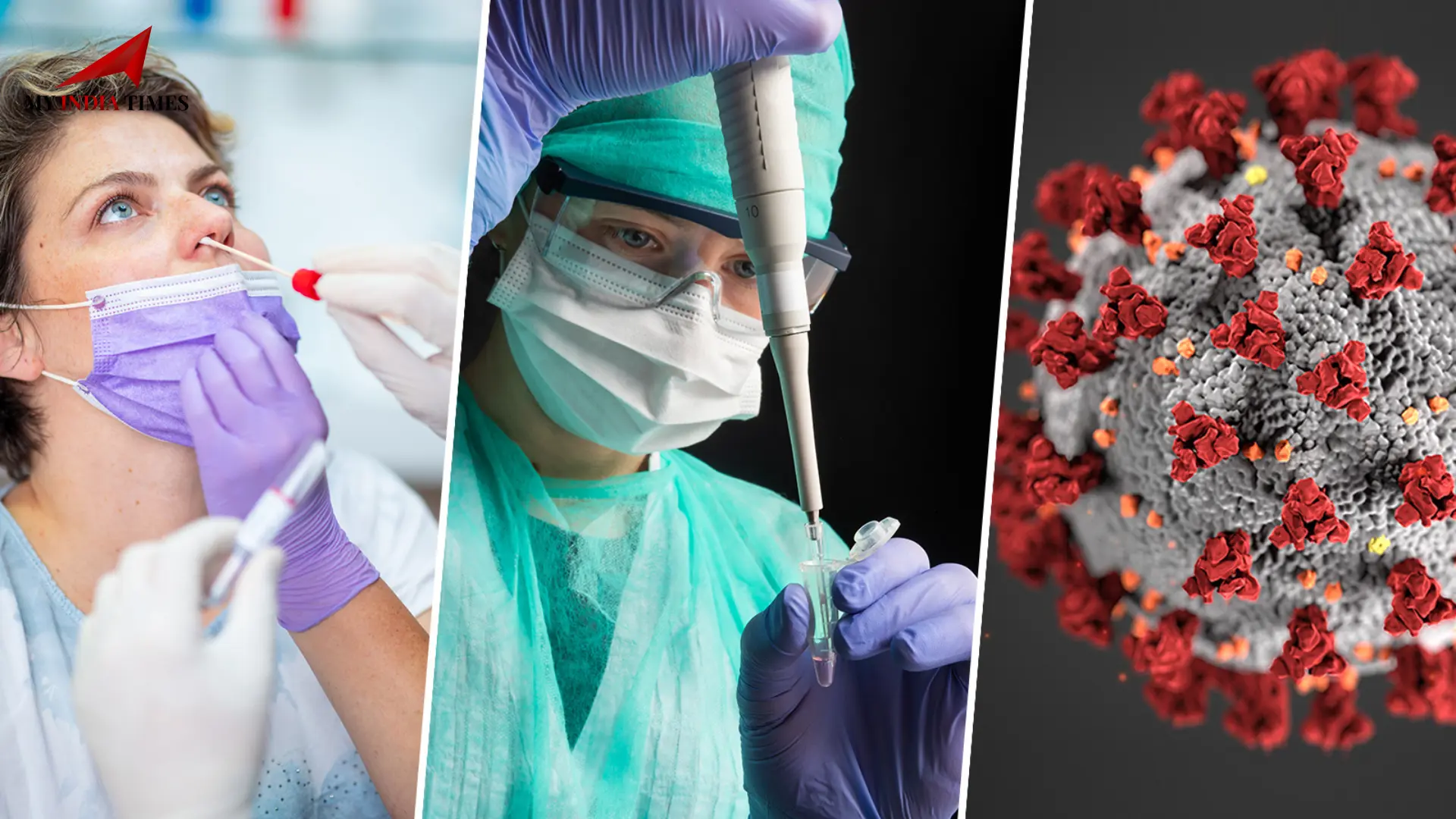


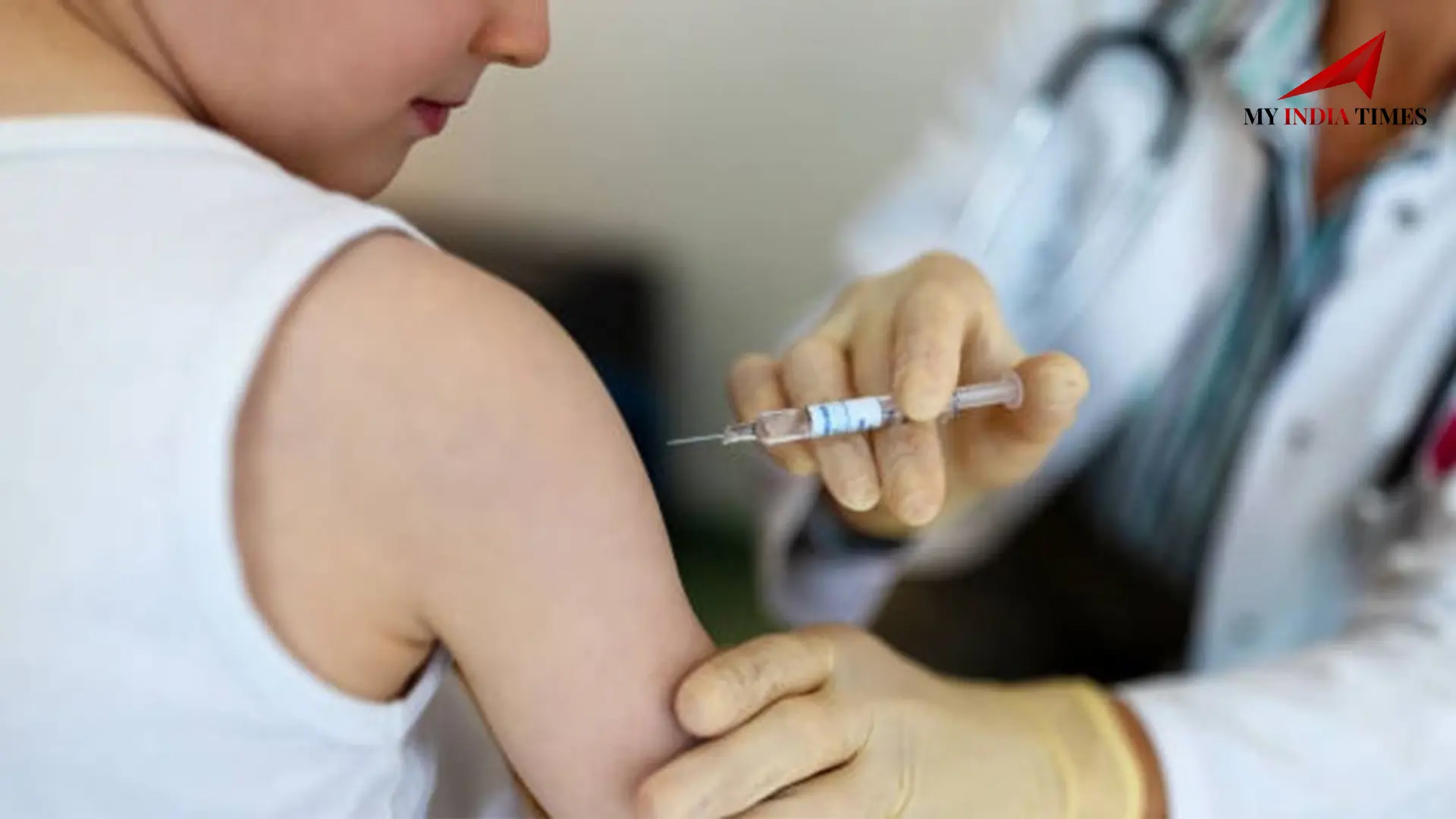
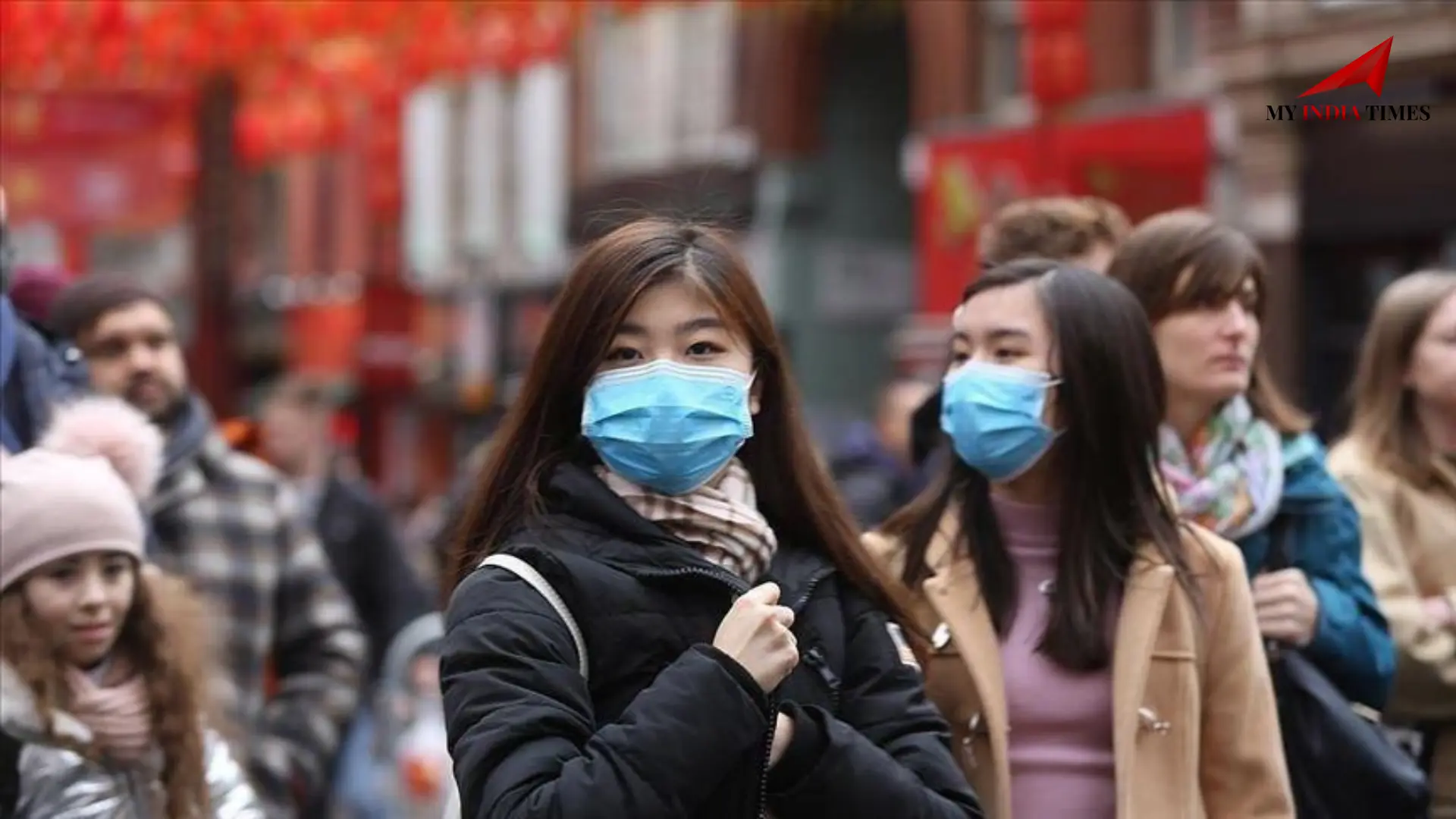






-outbreak in-china.jpg)



























































































.png)
 (1).png)























